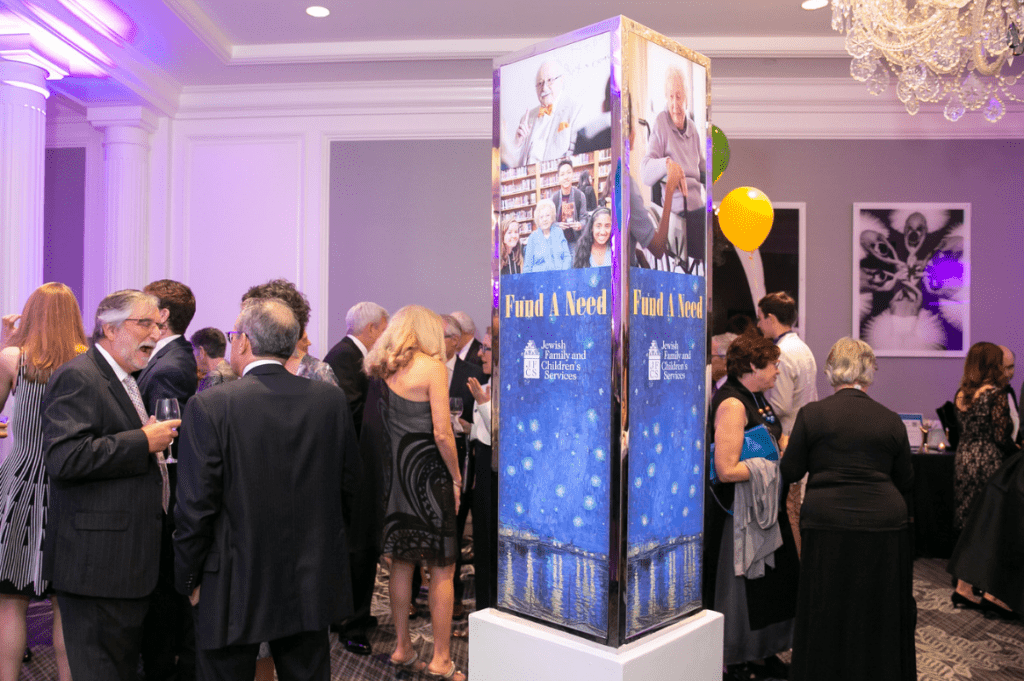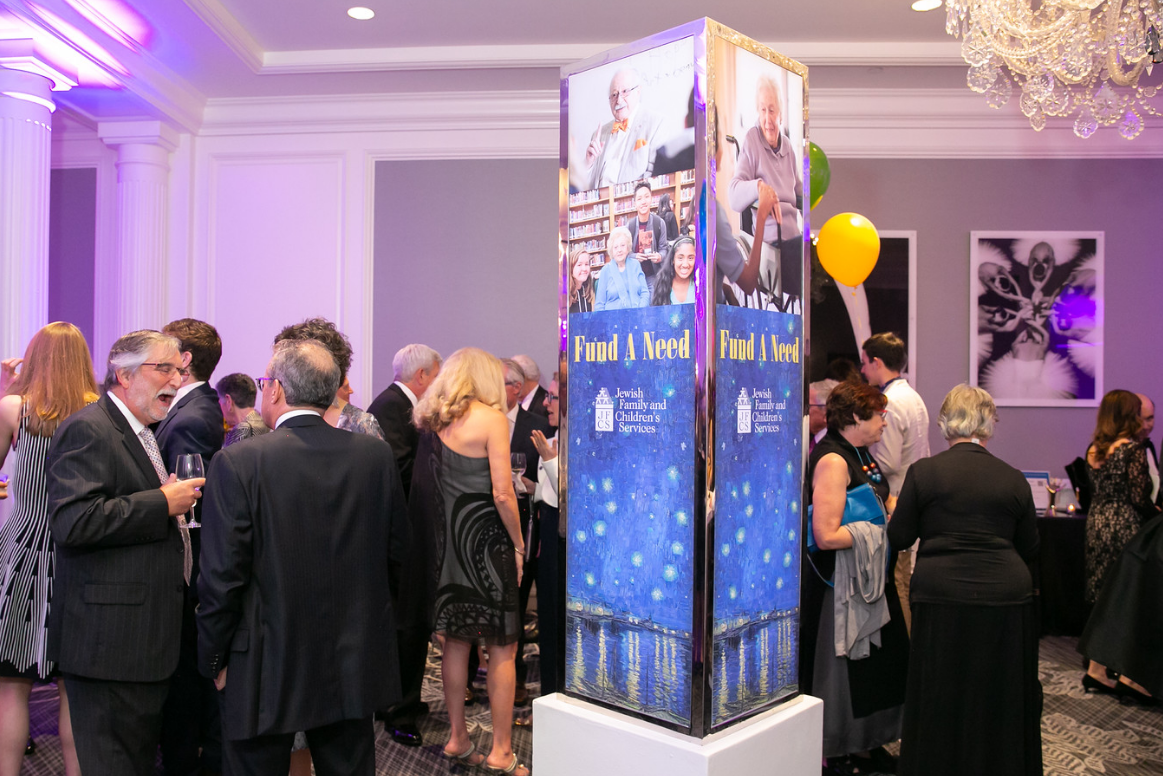Common Sense Nonprofit Event Planning Advice

Let’s begin with the Big Kahuna piece of advice: Ask yourself WHY you want to do this event.
Were you to bring your event proposal to a wise shaman or mentor, this is the question they would ask you first – well before asking what theme or format you have in mind or what color scheme you want to use!
And yet this is the one question I find nonprofits failing to ask. Somehow staff and boards alike think events are simply an inevitable part of the diversified fundraising mix. Or maybe even the primary way to generate awareness and funds.
Events are neither inevitable nor primary. They are merely a means to an end.
And since they are extremely resource-intensive, it’s critical to think long and hard before embarking on a strategy that could potentially derail other more lucrative and cost-effective approaches.
Events have their place, to be sure; it’s up to you to put them in their place. You must take charge, lest they take charge of you!
What is Your End Goal?
You don’t buy a drill because you need a drill. More likely, you need to create a hole. Maybe the drill will do that best or, perhaps, there’s another more effective tool. It depends on the size and purpose of your desired hole. The same is true with nonprofit special events.
You don’t create an event for the sake of having one (no matter what one or more board members think would be swell.).
Details

 For at least the past five years I’ve been actively encouraging nonprofits of all stripes to begin or ramp up their
For at least the past five years I’ve been actively encouraging nonprofits of all stripes to begin or ramp up their
 Orientation matters; otherwise, everything can become unbalanced and out of whack.
Orientation matters; otherwise, everything can become unbalanced and out of whack.